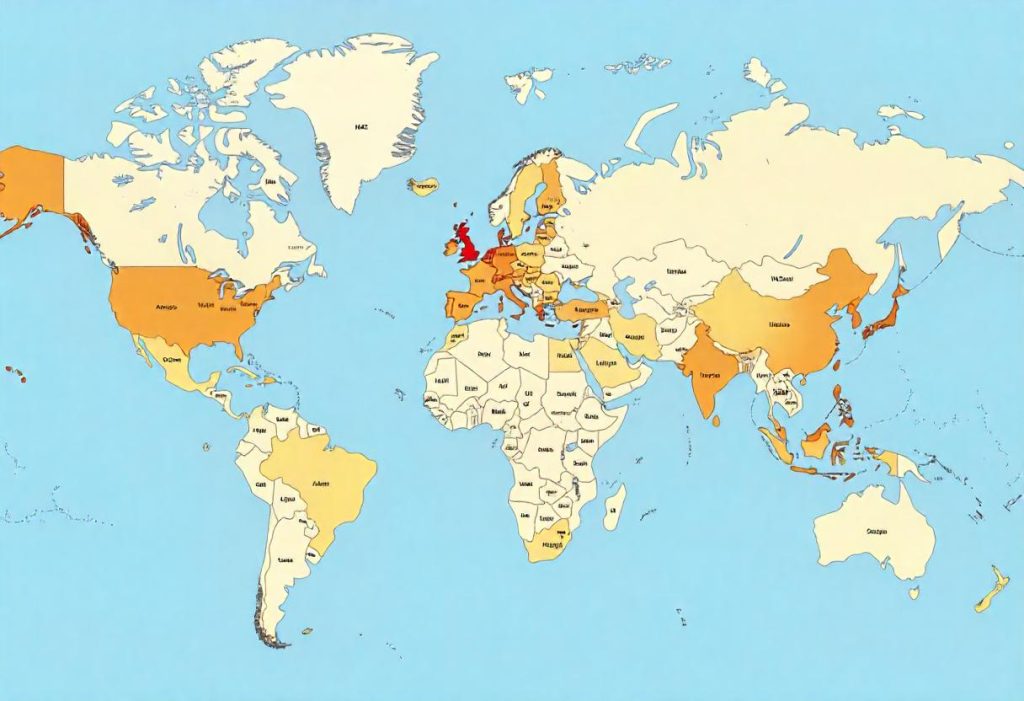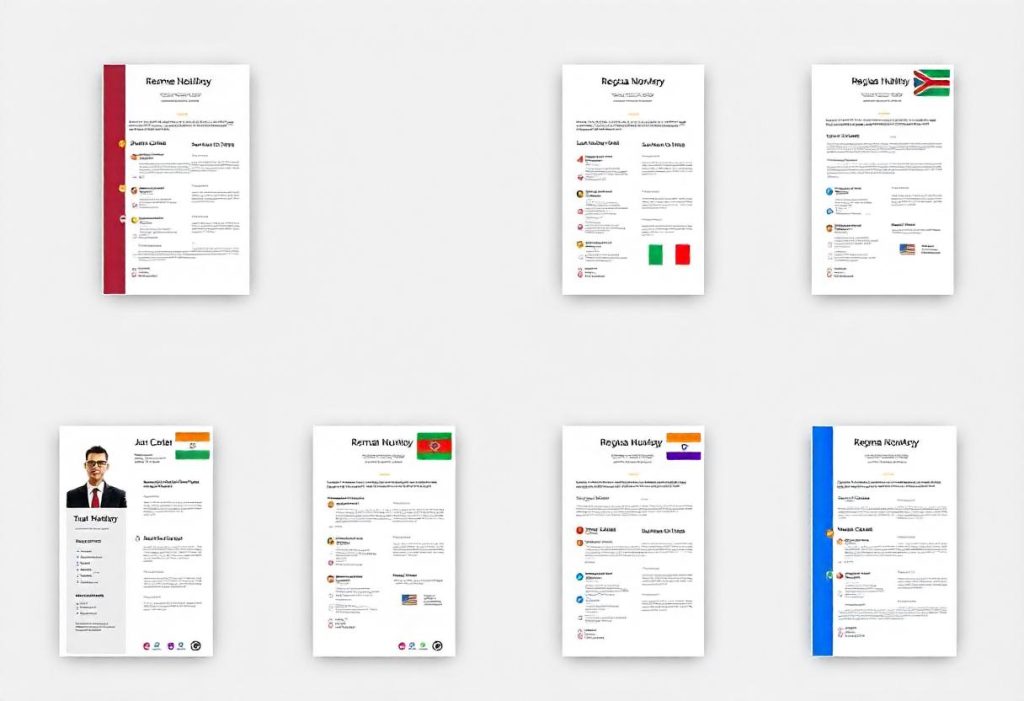Visa Requirements For Working Abroad: What You Need To Know
Here’s what you need to know about visa requirements for working abroad, including essential steps, types of visas, and factors to consider when planning to work in a foreign country: 1. Types of Work Visas Depending on the country, work visas vary in terms of duration, eligibility, and the type of work you can do. The most common categories include: Temporary Work Visa: For short-term employment (e.g., seasonal work or short contracts). Skilled Worker Visa: For professionals in fields that require specific qualifications (e.g., IT, engineering, healthcare). Intra-Company Transfer Visa: For employees of multinational companies being transferred to a branch in another country. Entrepreneur/Investor Visa: For individuals planning to start a business or invest in a foreign country. Working Holiday Visa: For young travelers (usually aged 18–30) seeking temporary work while traveling in a foreign country. Digital Nomad Visa: For remote workers who wish to live and work in a country without becoming a resident. 2. Eligibility Criteria Each country has its own eligibility criteria for work visas, which may include: Job Offer: Some countries require a formal job offer from a company within the country before you can apply for a visa (e.g., UK, USA). Skills and Qualifications: Many countries issue visas based on the need for specific skills, and you may need to prove your qualifications through degrees, certifications, or work experience. Sponsorship: In some cases, your employer must sponsor your visa and take responsibility for ensuring you meet the visa conditions. Proof of Funds: Some countries require you to show proof that you can support yourself financially during your stay. Language Proficiency: Certain countries (e.g., Canada, Germany) may require proof of language proficiency in the local language or English, through standardized tests like IELTS or TOEFL. 3. Application Process The application process typically involves several steps, which vary depending on the country: Obtain a Job Offer: For most work visas, you’ll need to secure a job first. Submit an Application: Once you’ve received a job offer, you will need to apply for a work visa at the embassy or consulate of the destination country, either online or in person. Provide Required Documents: These typically include: A valid passport Job offer letter Completed visa application form Recent photographs (passport-size) Proof of qualifications or credentials (degrees, certifications) Proof of sufficient funds or sponsorship Proof of health insurance Attend an Interview: Some countries require a visa interview as part of the process (e.g., USA H-1B visa). Processing Time: Work visa processing times vary, ranging from a few weeks to several months, so plan accordingly. 4. Popular Countries and Their Work Visa Requirements Different countries have specific processes and requirements for work visas. Here are examples from some of the most popular destinations for global job seekers: United States: H-1B Visa: Requires sponsorship from an employer and is available for skilled workers in fields like IT, engineering, and healthcare. L-1 Visa: For intra-company transfers. Process: You need an approved petition from the U.S. Citizenship and Immigration Services (USCIS) before applying. Limitations: H-1B visas are capped annually. Canada: Express Entry and Work Permits: For skilled workers through programs like the Federal Skilled Worker Program or Provincial Nominee Program (PNP). Process: Express Entry uses a point-based system, while work permits may require a Labor Market Impact Assessment (LMIA). Eligibility: Language proficiency (English/French), educational credentials, and work experience. United Kingdom: Skilled Worker Visa: For professionals with job offers from UK-based employers. Global Talent Visa: For highly skilled individuals in specific fields like science, arts, and technology. Process: Requires a Certificate of Sponsorship (COS) from an employer. Points-Based System: Points are awarded based on job offer, salary, English proficiency, and other factors. Australia: Temporary Skill Shortage (TSS) Visa: For workers in industries facing a labor shortage. Skilled Independent Visa (Subclass 189): For skilled workers not sponsored by an employer but meeting points-based eligibility criteria. Process: Requires a skills assessment and, in some cases, employer sponsorship. Germany: EU Blue Card: For highly qualified professionals with a job offer from a German employer. Skilled Workers Immigration Act: Eases the process for skilled workers in IT and other industries. Process: Requires proof of qualifications and sometimes a German language proficiency test. 5. Work Permit vs. Residence Permit In many countries, securing a work visa doesn’t automatically grant the right to long-term residence. You may need a separate residence permit to live and work in the country for an extended period. For instance: European Union (EU): Non-EU citizens often need both a work visa and a residence permit. USA: Workers on an H-1B visa must maintain their visa status to continue living in the country. 6. Tax Implications When working abroad, you may be subject to taxes in both your home country and the country you’re working in. To avoid double taxation, research the tax treaties between your home country and the country you’re planning to work in. Important tax considerations include: Income tax rates in the destination country. Social security contributions and whether your country has a social security agreement. Filing annual tax returns, especially for expats in countries like the USA. 7. Health and Travel Insurance Most countries require proof of health insurance as part of the visa application. Some may even mandate coverage from a local insurance provider. If your job does not include health insurance, you will need to arrange for private insurance before entering the country. 8. Renewals and Extensions If your work visa is temporary, make sure to be aware of renewal or extension requirements. Some countries allow easy visa extensions, while others may require you to reapply or meet additional conditions (e.g., a longer work contract). 9. Permanent Residency and Citizenship Pathways Many countries offer pathways from a work visa to permanent residency or citizenship after a certain period of time. Some common options include: Permanent Residency: Often requires living and working in the country for a set number of years, proving financial stability, and having no criminal record. Citizenship: After obtaining permanent residency, some countries offer a pathway to citizenship,
Visa Requirements For Working Abroad: What You Need To Know Read More »








